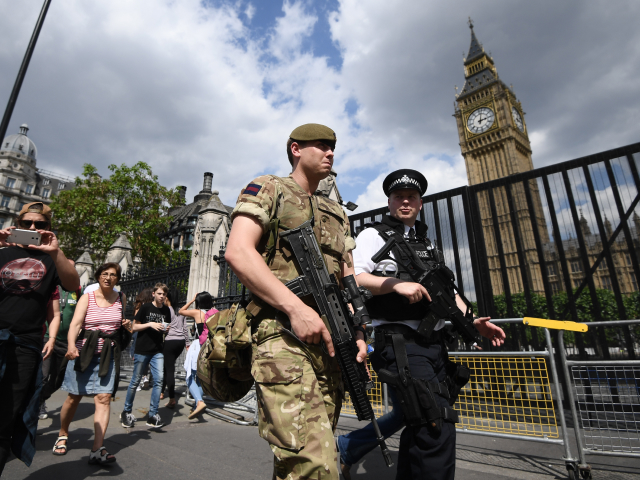Quick bit: Hate preachers and terrorist plotters could face tougher prison sentences under new guidelines proposed by the Sentencing Council.
Full Story:
The Sentencing Council announced the proposals on Wednesday, related to the Counter-Terrorism and Sentencing Act 2021 which came into effect in April and introduced a new category of “serious terrorist offences”. The Counter-Terrorism and Sentencing Act was introduced in response to the deadly Fishmongers’ Hall terror attack in 2019, committed by radical Islamist Usman Khan, who had been released on licence (parole) while serving a sentence for a terrorism conviction.
The new terms could see hate preachers who encourage terrorism seeing sentences more than double from seven to 15 years. The Council also seeks to widen the scope of the “culpability factors” within the Terrorism Act 2000, Section 12 — under which notorious preacher Anjem Choudary was convicted — covering those who express “an opinion or belief supportive of a proscribed organisation, reckless as to whether a person to whom the expression is directed will be encouraged to support a proscribed organisation”.
The minimum sentence for this crime would be increased to ten years. Choudary had been released from prison in 2018 after serving half of his five-year sentence for inviting support for Islamic State.
Others sentenced under the current terms to see relatively short periods in prison include Kamran Sabir Hussain who was jailed in 2017 for six and a half years after being convicted of six charges of encouraging others to commit terrorist acts and two charges of encouraging support for Islamic State. While in 2019, teenager Haider Ahmed was jailed for just six years for plotting an Islamic State-inspired knife attack.
Justice Secretary and Deputy Prime Minister Dominic Raab backs the amendments, saying in comments reported by The Telegraph: “Those who kill and maim in the name of warped and fanatical ideologies will spend longer behind bars, because public protection is our top priority.
“These proposed guidelines will support judges to pass consistent and appropriate sentences in terrorism cases.”
UK citizens who travel to war zones will also face tougher sentences. Those terrorists who plot to kill multiple people will see a minimum sentence of 14 years, under the proposed “serious terrorism sentence” condition, with an extension period to be served on licence of up to 25 years.
Sentencing Council member lead for terrorism offences Mrs Justice Maura McGowan said: “Terrorism offences are serious criminal acts that are constantly evolving, and the law is regularly updated in line with the changing nature of the offences, requiring a new approach to sentencing.
“The Council is proposing revisions to existing sentencing guidelines to reflect the new legislation and ensure that the courts have comprehensive and up-to-date guidance for dealing with these extremely serious cases.”
The Sentencing Council is seeking consultation from magistrates, judges, and others with interest in the area on the guidance between October 20th, 2021, and January 11th, 2022.
Manatee Herald shared this article. Click here to Read More







